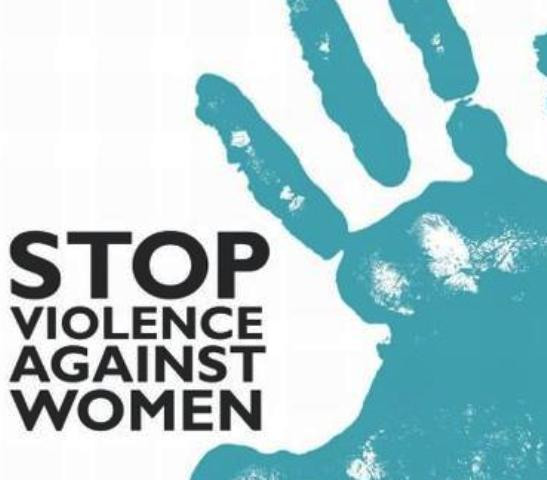Implement rather than legislate, experts urge
Speakers term low conviction rate a major factor in frequent violence against women

PHOTO: FILE
In his speech as the chief guest, Additional Inspector General of Police Abu Bakar Khuda Bakhsh said all the relevant departments and organisations should join hands to improve the safety system for women victims. The roundtable meeting was held by Mumkin Alliance, a union of several nongovernmental organisations, at a private hotel.
During the meeting, Mumkin Alliance shared the current situation of violence against women and girls in Punjab. Renowned parliamentarians, representatives of the right organisations and relevant government departments, participated in the event. The discussion also revolved around finding the flaws and gaps in legislation and implementation and extracting the recommendations to improve measures on women protection.
Mumkin Alliance spokesperson Rizwana Waseem said Pakistan was stigmatised with sociocultural biases against women where the patriarchy was deeply rooted and the same was considered a barrier to the socioeconomic development of women. “The gender-biased attitude is prevalent in the society. More than 10,000 women become the victims of violence every year. Over 1,000 women commit or try to commit suicide due to the denial of their rights, extreme poverty, physical and sexual violence,” she shared.
Aurat Foundation Resident Director Mumtaz Mughal cited a police investigation report which revealed that 151 women were victimised in gang rapes from September 2017 to September 2018 in Punjab. “Honour killing, domestic violence, early and forced marriages, kidnapping and other crimes are reported, but mental and physiological violence is still unreported,” she said. “Last year (2017), 181 women were murdered for ‘honour’ in Punjab. There is a need for strong coordination between the crisis centre and the local government,” she remarked. “The word ‘panchait’ should be removed from the local government ordinance. The girls, staying in the crisis centre, should be connected with financial facilities.”
Salman Abid, a renowned columnist, said the women must be connected with the information hubs and we all must build public pressures, especially on the issues of women and children, so that the government could address their issues.
Pakistan Muslim League-Nawaz’s MPA Bushra Anjum Butt urged the government to take the previous government’s initiatives forward to improve the system. Pakistan Tehreek-e-Insaf (PTI) MPA Anila Beg emphasised on the allocation of a specific budget for media campaigns over the issue. Another PTI MPA, Zainab Umair, said all efforts should be made on a collaborative basis.
Speaking on the occasion, AIG Gender Crime Cell Shahid Siddique suggested reviewing the existing laws instead of making or framing new laws from scratch. “The existence of laws cannot raise the conviction rate, but the immediate implementation of punishment is the basic solution. We must think about framing the laws for ‘domestic slavery’,” he said.
To resolve the challenges in framing true legislation and its implementation, it was recommended that existing laws were needed to be reviewed and consolidated. Hence, their quality also needs to be improved for better implementation. “The government must allocate sufficient financial and adequate human resources to ensure smooth provision of justice. The government should also ensure proper access of the women to the state-funded legal-aid programmes.
It was also emphasised that there must be an accountability mechanism to ensure the proper implementation of pro-women legislation in its true spirit. It was emphasised on the collaborative efforts by all the relevant departments to ensure seamless service delivery to protect women rights.



















COMMENTS
Comments are moderated and generally will be posted if they are on-topic and not abusive.
For more information, please see our Comments FAQ